Working dogs to be deployed to combat poaching
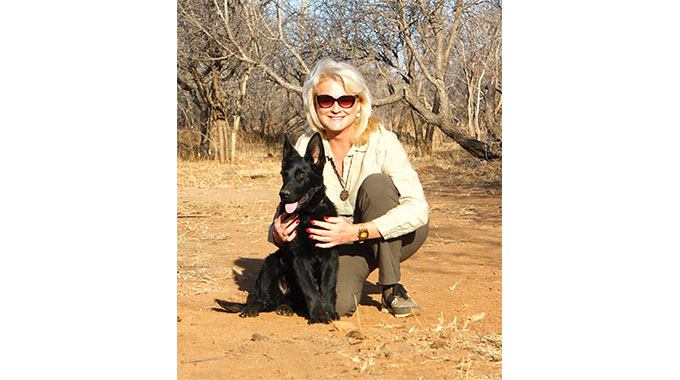
Mthokozisi Ndlovu, Chronicle Correspondent
CANINES for Africa, a non-profit driven organisation providing logistical backup and support to conservation areas and game parks, is deploying two highly trained, specialised working dog units into wildlife conservations in Hwange and Bubi to combat poaching and to assist local communities in a variety of ways.
The organisation’s Zimbabwe-born director, Vianna von Weyhausen, said the two dogs will arrive in Zimbabwe from Hoedspruit, South Africa on November 20.
One of the dogs, K9 Tsotsi, a foxhound cross blue tick, used to be part of a leopard-hunting pack before he was repurposed to track humans. He will be working in Bubye Valley Conservancy.
The other dog, K9 Baron Curtis, is a German Shepherd cross husky. He has been trained to detect ivory and will be deployed into conservation areas on the fringes of Hwange.
In 2019, Canines for Africa (also known as K94A), deployed its first working dog in Zimbabwe – a malinois named K9 Katana. She is operating with the Akashinga, a renowned all women, anti-poaching unit. The success of K9 Katana has prompted Canines for Africa to deploy more working dogs in Zimbabwe.
Founded in 2017, K94A, which operates from a training centre in South Africa, has deployed 19 canine units, including into Namibia, Mozambique, Mali, South Africa, and India. There will soon be units in Mexico too.
Workings dogs perform a multitude of functions, ranging from tracking both living and dead animals to tracking and apprehending human suspects, as well as detecting contraband and snares, and helping scientists in their research.

Elephants
“It is proven that once working dogs are deployed onto a protected area, the news quickly spreads among the poachers and criminal syndicates alike, resulting in the level and frequency of poaching incidents (and often other crime) dramatically reducing,” said von Weyhausen.
Poaching is rampant in Zimbabwe and some of the animals targeted by poachers include rhinos and elephants.
Zimbabwe and Botswana have nearly 50 percent of the world’s
Zimbabwe and Botswana have nearly 50 percent of the world’s elephants. Some poachers resort to poisoning water sources frequented by elephants. This has a catastrophic effect as all animals that drink the water die, as well as those that feed on the dead animals.
On the other hand, poaching has reduced the number of rhinos in Zimbabwe to slightly over 1 000.
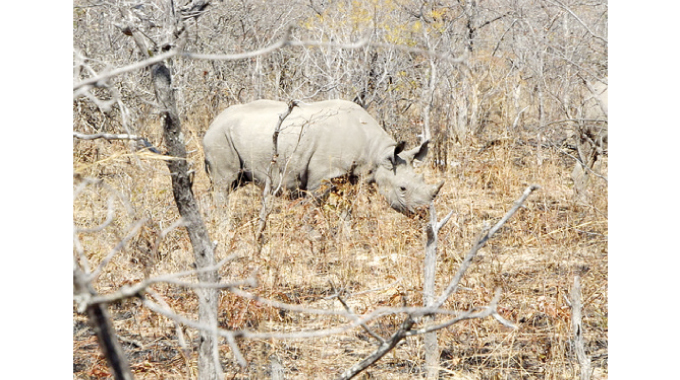
Black rhino
The country is home to 616 black rhinos and 417 white rhinos. Black rhinos are classified as critically endangered.
Rhinos are targeted by poachers for their horns that they sell mostly in Asia where they are believed to treat cancer and other ailments, as well as being a status symbol.
Working dogs are fundamental since they are able to track poachers before they kill animals.
“Unless people, like you and I, urgently take action to protect the world’s remaining wild places and wildlife, the lives of our children and their children will be bereft of that which is most beautiful and meaningful,” said von Weyhausen.
She added: “We encourage all the operators of our units to work with local communities as much as possible”.
One of the ways the dogs help is through tracking stray dangerous animals, which can cause havoc, killing people and livestock, and destroying crops. The dogs can also be used to help track a lost child or adult.
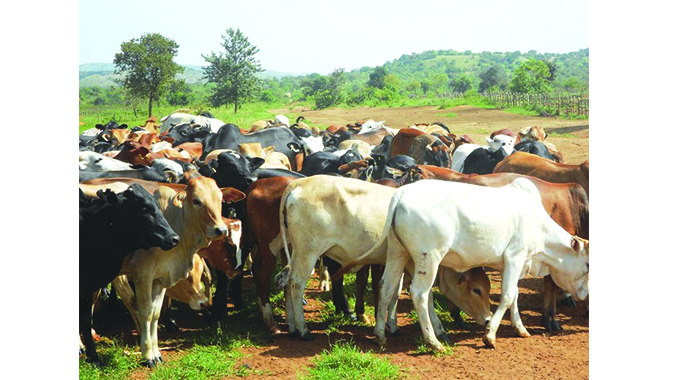
Livestock
She added that working dogs also assist local communities in various ways. One of the ways is through tracking stray dangerous animals.
In the past, stray animals have caused havoc, killing people and livestock. Von Weyhausen said Canines for Africa introduces its working dogs to the nearby communities so that people are used to them.
“We encourage all the operators of our units to work with local communities as much as possible,” she said.


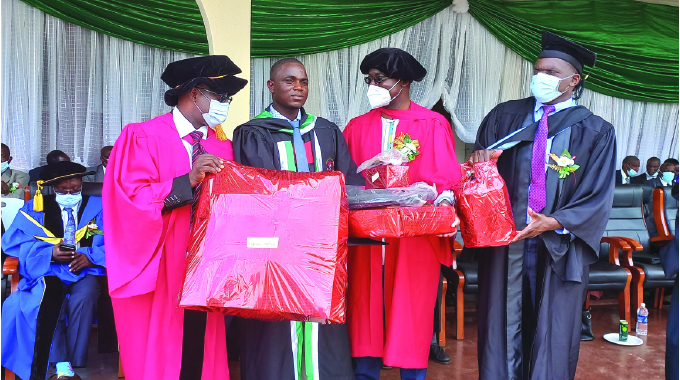
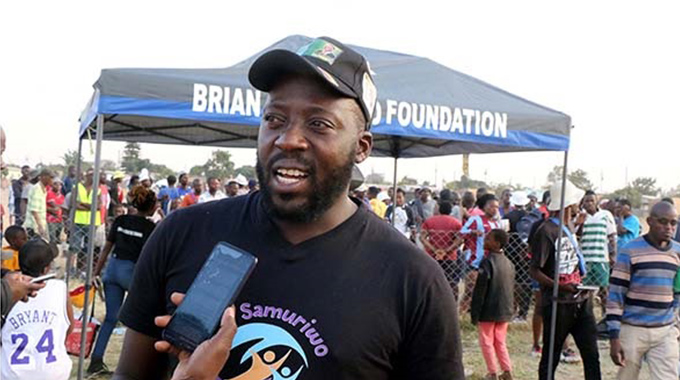
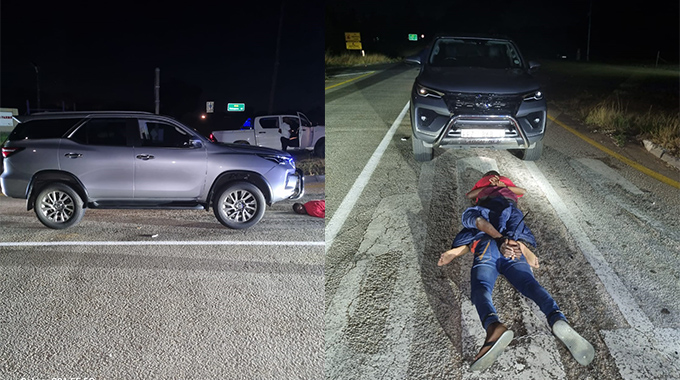







Comments